Mozambican SMEs challenged to invest in insurance services

The then general manager of Mozambique Airlines (LAM) argued during the 2nd edition of the Índico Conferences that all companies, from small to large, should have their activities and staff insured in order to instil a security mentality in the Mozambican market.
Advertising
In a meeting that brought together different players from the insurance, banking and industrial sectors to debate the topic of “The Insurance Market in Mozambique: Getting the Mega-Projects Right”, Pó Jorge praised the organisers, in this case Índico magazine, for choosing the topic, stressing that the issue of insurance should be given priority in all economic activities in order to capitalise on the sector in the country.
“We want to establish a network to enable local small and medium-sized enterprises (SMEs) to first build up a security mentality,” emphasised the former general manager of LAM, stressing the need to adopt an observant stance.
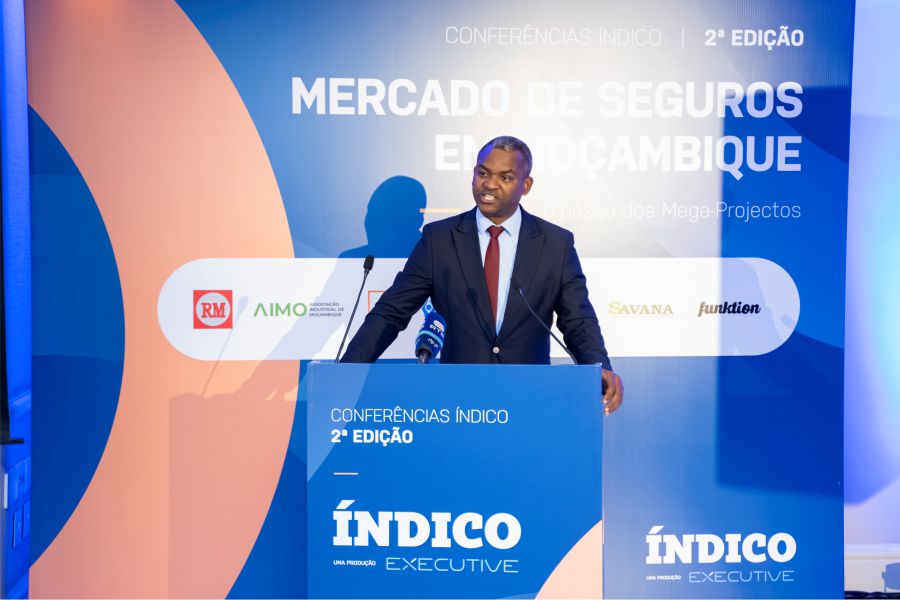
The source added that, for this commitment to insurance services, the banking sector must play a very important role, because “the capital of our economy is not large enough or robust enough volume and robustness. Therefore, “to embark on certain projects (mega-projects), we can go to the banks or through reinsurance”.
Advertising

“Mozambican companies face problems that hinder their access to credit” – Ragendra de Sousa
The former Minister of Industry and Commerce, Ragendra de Sousa, said during the second edition of the Indico Conferences that several Mozambican companies, including small and medium-sized enterprises (SMEs) and insurance companies, are exposed to various risks (risk covariance), which makes it difficult for them to access credit lines to enter mega-projects.
Advertising
According to Ragendra de Sousa, although the Mozambican insurance industry’s contribution to the Gross Domestic Product (GDP) is encouraging, the sector as a whole is still too small to get involved in major projects.
“We have a very small insurance industry as a whole, but it has to survive and it has to get through this world of development so that we can actually have a bigger GDP. These and other things are necessary to explain the participation of our insurance in mega-projects. But one of the big obstacles to Mozambican insurance has to do with the covariance of risk,” explained the ex-governor.
De Sousa added on the same occasion that most national companies do not have a diversified investment structure, which favors their exposure to various risks.
Government challenges Mozambican companies to insure mega-projects
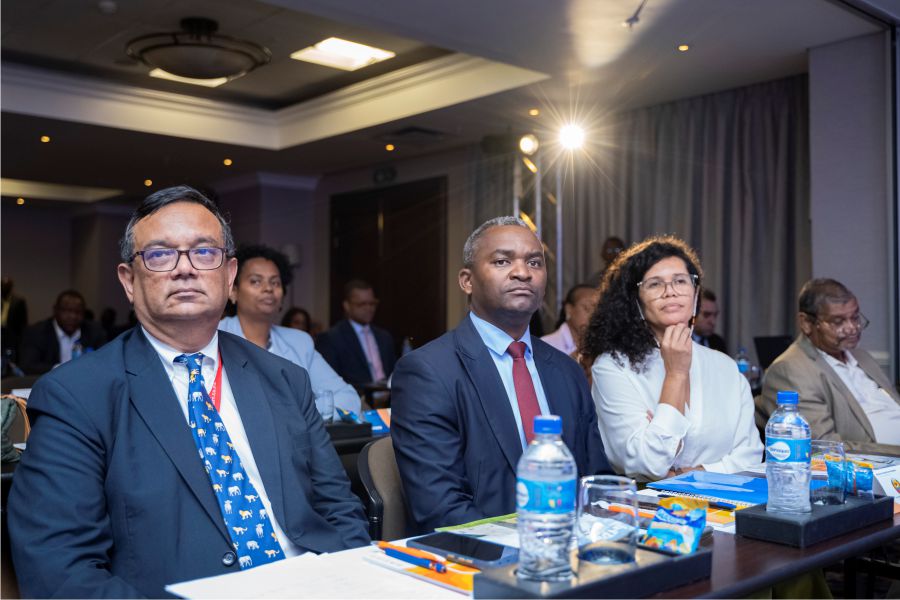
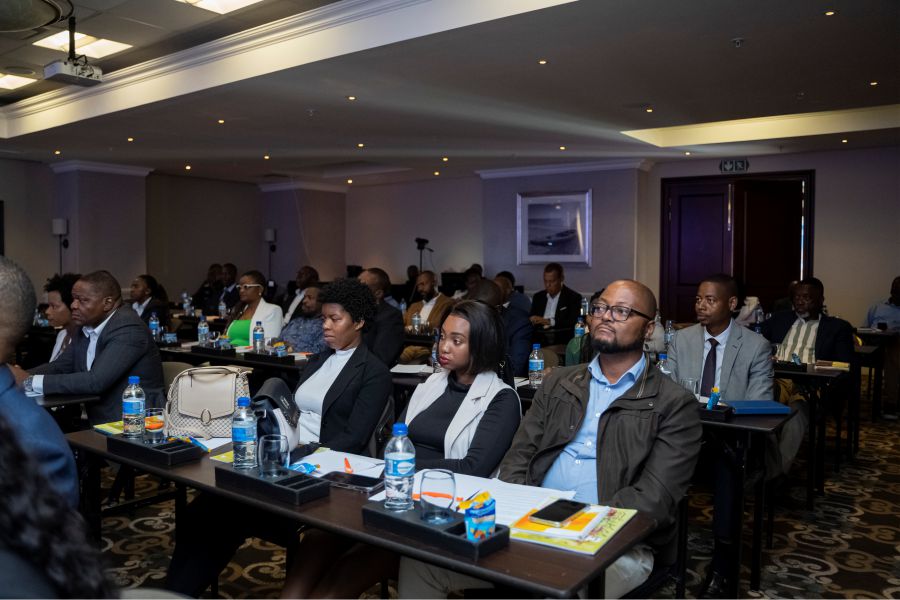
The Mozambican government believes there is a need for greater participation by national insurance companies in the mega-projects underway in the country. The position was defended by the Permanent Secretary of the Ministry of Transport and Communications, Ambrósio Sitoe, at the opening of the second edition of the Índico Conferences, on the theme: “Insurance Market in Mozambique: Setting the pace for Mega-Projects”.
According to the government official, the massive influx of big capital into the country through projects linked to the extractive industry opens up an opportunity for the growth of insurance business in Mozambique.
At a meeting attended by various experts, Ambrósio Sitoe explained that although the insurance industry in Mozambique is showing some evolution, there is a need to start investing in major projects in order to capitalise on their growth.
“We challenged those present to come up with practical solutions on the greater participation of national insurers in the major projects that the country has been implementing,” he emphasised.
Ambrósio Sitoe also added that it is necessary to map out the actions to be taken to integrate the insurance companies operating in Mozambique into the development of the extractive industry, given that their contribution to the Gross Domestic Product (GDP) is encouraging, but their penetration is still very low”.
Mega-projects: Mozambican companies defend creation of accessible and inclusive mechanisms

The participation of Mozambican companies in mega-projects is still a major challenge, despite the fact that they represent an opportunity to leverage national SMEs. Among the main obstacles encountered are the excessive requirements demanded by multinationals and the high cost of insuring companies with banks.
Speaking at the event, Paulo Chiabanga, a member of the Board of Directors of the Industrial Association of Mozambique – AIMO, began by arguing that the market needs to look for solutions that make prices more affordable, allowing a greater number of Mozambican companies to have access to adequate cover.
“It is essential that mechanisms are created to make it easier to obtain insurance through banking institutions, making the process more inclusive and simplified,” recommended Chiabanga, pointing out that the availability of insurance lines at banking institutions is seen as a limiting factor for SMEs’ access to the insurance market.
In this regard, the commercial director of Empresa Moçambicana de Seguros (Emose), Isaias Chembeze, emphasised that the insurance companies’ strategy should seek a solid foundation, with an emphasis on literacy, financial literacy, security and perception, before moving on to larger projects.
“The main focus for insurers at the moment should not just be to enter mega-projects, but to consolidate themselves as a robust company capable of dealing with the risks presented by multinationals in their activities,” he emphasised.
For Isaias Chembeze, a structured entry by Mozambican insurers into the mega-project market, which consists of approaching the national market in a segmented way, concentrating on specific slices, namely domestic insurance, such as motor, accidents at work and funerals, could be a solution to the challenges faced.
However, Miguel Jóia, a founding member of the Local Content Association of Mozambique – ACLM, emphasised at the event the need for a strategic approach to involve insurers in the country’s mega-projects. The source emphasised that, in addition to the existing solutions for these major undertakings, there is also a significant gap in support for SMEs.
“The market needs to look for solutions that make prices more affordable” – Paulo Chibanga
“National insurers have played a crucial role in mega-projects, but the lack of proximity and understanding of SMEs about the benefits of insurance represents a challenge,” the expert emphasised, highlighting the importance of financial education and training to increase insurance literacy among local entrepreneurs.
Meanwhile, Miguel Jóia suggested that the private sector and the government should collaborate more to train entrepreneurs in the instruments available to them.
For his part, Rui Mate, a researcher at the Centre for Public Integrity (CIP), emphasised that the issue of local content has been a major challenge facing the country since the mega-projects emerged, because “in relation to the mining and oil laws, they do, to a certain extent, lay down guidelines for the incorporation of Mozambican companies in major projects, but this legislation is still insufficient to guarantee more effective involvement of Mozambican SMEs in major projects”.
The researcher believes that there should be a specific local content law that could guarantee that national companies can participate effectively in mega-projects.
The Insurance Supervisory Institute in Mozambique (ISSM), as the market regulator, stated at the time that it has always protected the national market. “In the legislation we have options to embrace these kinds of challenges (mega-projects), placing a percentage locally so that national insurers can achieve financial strength, in other words, any foreign insurer that wants to enter the country, especially in mega-projects, is obliged to make a contribution to the national ones.”
Meanwhile, for Diogo Bragança, central operations director at Banco Comercial e de Investimentos (BCI), insurers are penalised by the need to have equity capital to deal with mega-projects, something that doesn’t happen with banks. “In terms of banking, we are fully prepared to serve and cater for any market segment,” Bragança concluded.
Edição 82 JAN/FEV| Download.






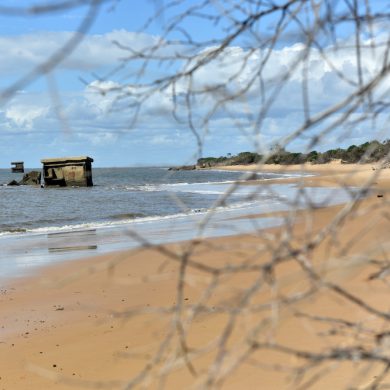

















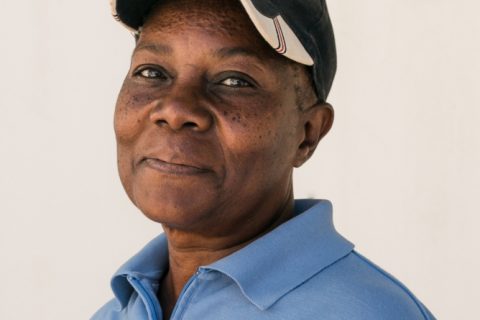




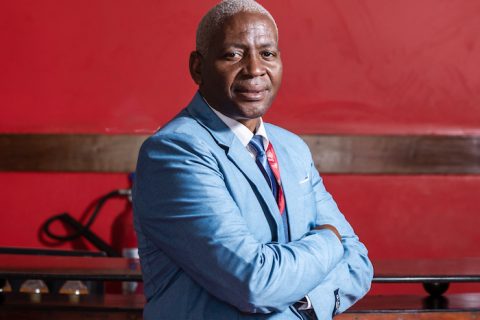

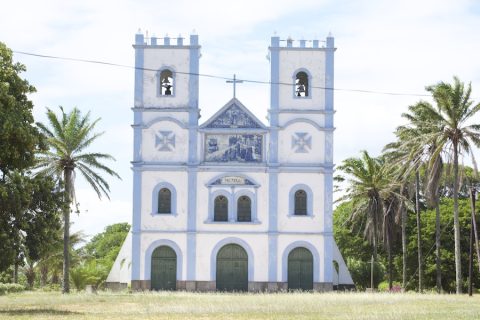
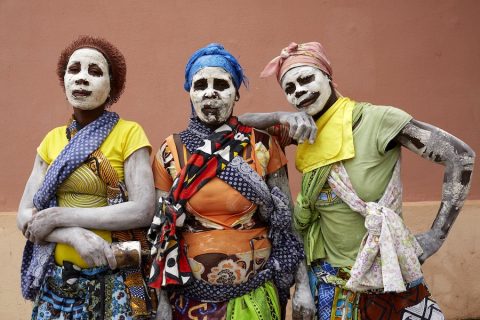



0 Comments